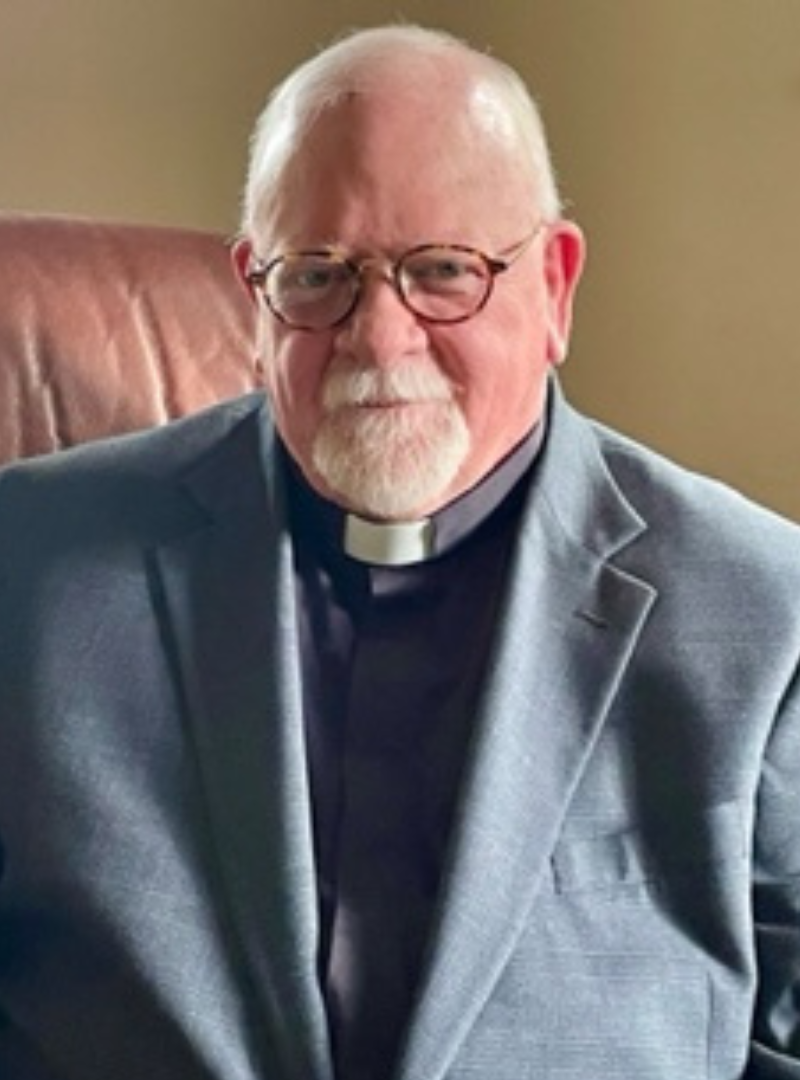For me, faith has always been confidence or trust in another. I have faith in the mechanic who works on my car, the nurse to give me the correct medicine, the driver approaching who will stop at the red light, the person speaking with me is telling the truth, and that most people are genuinely fair, kind, and good. In the Old Testament, people put their faith in God, His leaders, and His plan of freeing them from slavery, bringing them back from sin and promising a Messiah.
The long-awaited Savior would gather the lost tribes (scattered because of sin), cleanse the temple (by making himself the new temple to seek forgiveness, become holy and offer right praise), defeat the enemy (sin, not hostile nations) and reign as Lord of all nations (a reality realized but in need of being accepted daily). Some leaders had flaws, some people doubted, complained, or strayed, but through it all, God kept His promises by forgiving and renewing His covenant time and time again.
In the New Testament, disciples left their livelihoods and family to follow this itinerant preacher who spoke not of vengeance, judgment and punishment but forgiveness, love, mercy and turning the other cheek. They put their nascent faith in Jesus as he embraced children, loved the poor, dined with sinners and kept company with prostitutes, tax collectors and sinners. He sought the last, the least, the lost and the lonely. Richard Rohr noted that empathy for the victim became the most subversive element in Jesus’ teaching. And while he cured the sick and forgave sins, he always spoke of the Father’s will, their relationship and invited all into this intimacy.
More spectacular than restoring sight to the blind, hearing to those deaf and freeing those paralyzed and suffering from various ailments was Christ highlighting for others their faith which may have been unknown or latent. Awakening this gift of faith invited them into a right relationship with Jesus and set them on the road to eternal life. “Faith seems to be the attitude that Jesus most praises in people, maybe because it makes hope and love possible” (Jesus’ Alternative Plan, p.19).
The Messiah accomplished all four goals and continues to intercede on our behalf welcoming us back when we turn away with a sense of entitlement, cleansing our inner temple of the Holy Spirit by reminding us of his unconditional love and never giving up on us, defeating the enemy of sin, racism, hatred, bigotry, selfishness and the like with His grace and our cooperation and reigning as Lord of all nations of Heaven and Earth. This is our faith.
As I write this, I wake to a story of five people killed in an LGBTQ nightclub in Colorado Springs with more than twelve injured. Club Q was the one safe haven in a community known for its anti-gay activism. A misguided young man takes this away with his hate crime. That same night, two men were stopped in New York, one wearing a Nazi armband, in connection with threats to attack a New York synagogue. Faith sustains us in these moments to continue building the reign of God on Earth, that is, the world as God envisions it. Faith empowers us to proclaim God as Lord of all nations, Ukraine, Russia, Iran, Iraq, the United States and every land and people God birthed into being. Faith tells me that what God desires for our world must be embraced in the now. Here is where the Gospel must flourish. Anything contrary is unacceptable.
Faith empowers us to do what we pray, ‘Thy kingdom come, Thy will be done.” That Reign of God is found in the home, at the workplace, on war-torn lands, in gay night clubs, in synagogues, mosques, temples, cathedrals and in us. Faith is that gift that we can do better, we must do better. Better put, faith is that gift that has us empowering God to do through our surrender, our trust, his vision and our willingness to give it a try today, tomorrow and always. Faith enables us to be continually forgiven, nourished, held and kissed by our God. It is that gift that convinces us that we are worthy of such infinite, unconditional love.
Advent faith reminds us of God’s plan to share with us His divinity, which enhances our humanity from selfishness to otherness, from our will to God’s will, from division to communion, from slavery to freedom and from hatred to love. Advent faith is the Savior of the World born in a stable, perfectly embracing our humanity and showing us how it is possible to “Live + Jesus.” Faith makes the prophet Habakkuk’s words the motivating force that “the vision still has its time, presses on to fulfillment and it will not disappoint … and if it delays, wait for it for it will surely come” (Habbukuk 2:3).
May our faith make hope and love possible.
Father John Fisher, OSFS
Pastor
Our Mother of Consolation Parish
Philadelphia, PA











